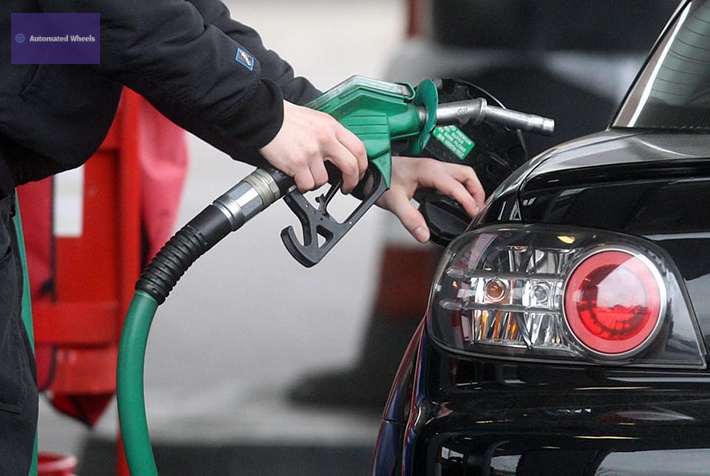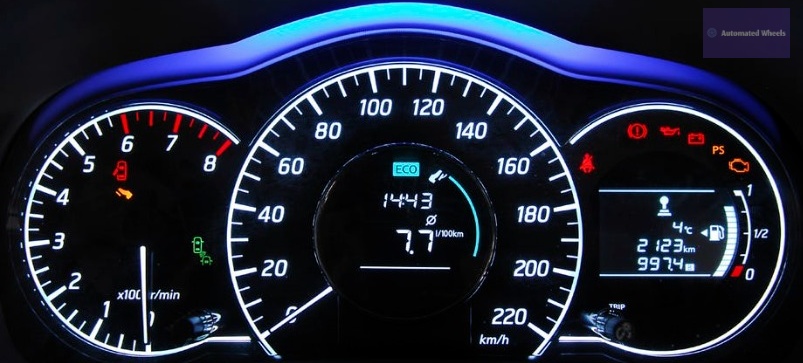As part of an overall goal to reduce costs or cut emissions, increasing mileage is of vital importance. There are various effective techniques for increasing car mileage; I will detail some in this article so you can maximize its performance and save both money and the environment! This post includes tips that can help your vehicle deliver maximum miles per gallon performance.
Maintain Your Car Properly
Regular maintenance is crucial to fuel efficiency. A well-kept car runs more smoothly and uses its fuel more effectively; among the first things to check are tyre pressure levels: underinflated tyres can decrease mileage by increasing rolling resistance – make it part of your routine to inspect them and keep them inflated as recommended by their manufacturer. Furthermore, changing oil regularly ensures your engine runs at maximum efficiency; old or dirty oil increases friction in your engine which results in reduced efficiency; ensure you follow manufacturer-recommended oil change intervals to stay efficient with fuel.
Another key step to maintain fuel economy and maximize engine performance is regular air filter replacements. A dirty air filter restricts airflow to your engine and decreases efficiency; replacing them every 12,000-15,000 miles ensures your engine receives adequate oxygen to efficiently burn its fuel supply. When your check engine light comes on, don’t ignore it! Problems such as an oxygen sensor malfunctioning or spark plug failure could seriously decrease mileage so seek medical assistance as soon as possible to address them properly.
Drive Smoothly and Efficiently
How you drive can have an enormous effect on fuel efficiency. Adopting smooth driving habits can help increase mileage per gallon of gas; avoid rapid acceleration and hard braking as these behaviours consume additional gas; instead, try gradually increasing acceleration or decreasing brake force to maximize mileage efficiency while providing an enjoyable driving experience. With proper mileage improvements come improved comfort too – smoother driving makes a more pleasant ride overall!
An important way cruise control can help on long highway drives is by maintaining an even speed and saving fuel. It is particularly effective on flat roads where small speed variations lead to greater consumption, plus cutting down idling is key for improved gas mileage. Idling wastes fuel without moving your car forward, so if you plan on being stopped for more than two minutes it may be beneficial to turn off and restart when ready. Modern engines use less fuel when restarted than when left idled for extended periods. Also important when optimizing speed: driving at high speeds consumes more gas while adhering to speed limits can significantly enhance mileage; generally speaking fuel efficiency decreases once exceeding 50mph speeds are reached.
Enhance Your Vehicle’s Aerodynamics
How your car cuts through the air affects its fuel efficiency, but making small adjustments to improve aerodynamics and mileage are easy ways to do just that. Removing roof racks or carriers that reduce drag may help improve mileage; even small changes like this one could make an immediate difference!
Keep your windows closed as an easy yet effective way of improving aerodynamics. Driving with windows down increases drag, which lowers fuel efficiency. Closing them, especially at higher speeds, will minimize drag and improve mileage. Furthermore, regularly inspecting for underbody damage is important – any damage to underbody panels could disrupt airflow, thus decreasing fuel efficiency; regular inspections allow you to identify any problems and rectify them as soon as they arise.
Use Proper Fuel and Additives

Selecting the proper fuel and additives can have a direct impact on your car’s mileage. First, consult your owner’s manual for recommended octane levels; using a higher octane than necessary doesn’t increase performance or mileage, while lower octane fuel can lead to knocking and reduced efficiency. Furthermore, some additives can help clean engine components while increasing fuel efficiency; make sure these additives work with your vehicle by carefully following the instructions provided.
Plan Your Trips Wisely
How you plan your trips can have a direct effect on fuel efficiency. Efficient trip planning helps limit unnecessary driving and lowers consumption by cutting unnecessary errand runs down to one trip rather than multiple short ones; doing this reduces engine warm-up time as well as any additional fuel usage that might arise as part of this practice.
Navigation tools can assist in quickly finding and avoiding traffic, saving both time and mileage by cutting back on repetitive stops-and-starts on long trips. Carpooling or ridesharing services when possible also reduce the total number of vehicles on the road and therefore overall mileage reduction for everyone involved.
Conclusion
Enhancing the mileage of your car requires good driving practices, regular maintenance, and smart planning. By following these tips you can increase the mileage per gallon, save money, and create an eco-friendlier driving experience. Remember, every change makes an impactful statement about how efficient and economical driving has become; so put these suggestions into action today and reap the benefits of an economical ride!

Leave a Reply